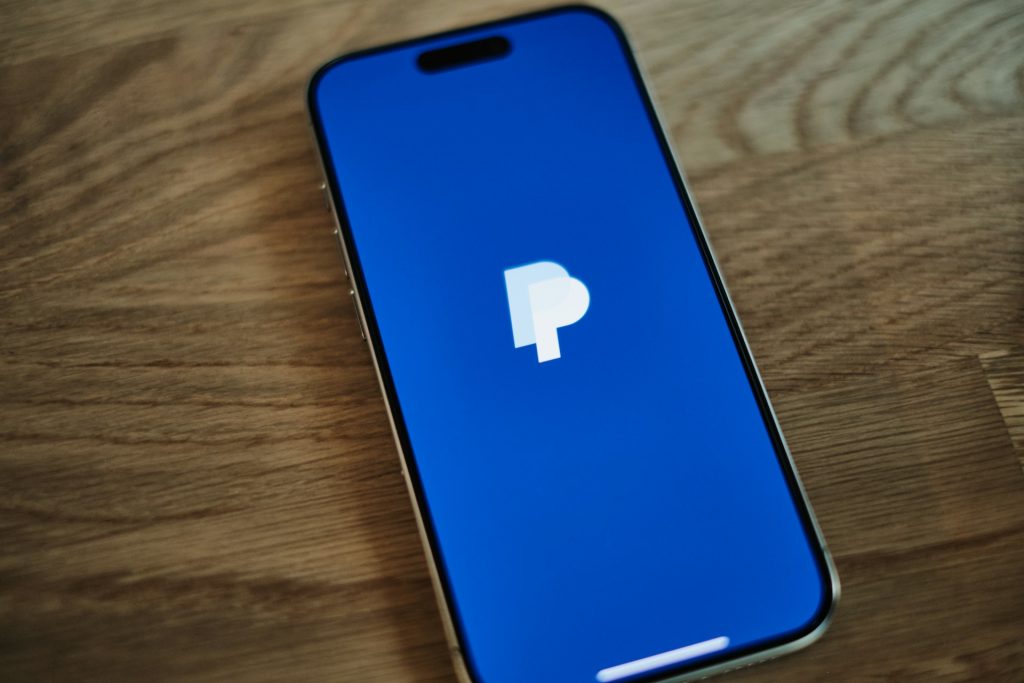
Paying bills online should be simple. You expect your money to move fast and land where it’s supposed to. But sometimes, bill-payment services hold up your transfer with no warning or reason. This can leave you stressed, scrambling to avoid late fees, or even facing service shutoffs. If you’ve ever wondered why your payment didn’t go through on time, you’re not alone. Many people run into this problem, and it’s not always clear what’s going on behind the scenes. Knowing which bill-payment services are most likely to delay transfers can help you avoid headaches and keep your finances on track.
1. PayPal
PayPal is everywhere. People use it for everything from splitting dinner to paying rent. But when it comes to bill-payment services, PayPal sometimes holds your money for “review.” This can last a few hours or several days. You might not get a clear answer about why. If you’re paying a bill with a tight deadline, this delay can cause real problems. Always check your payment status and consider using another method if you need the money to arrive fast.
2. Venmo
Venmo is owned by PayPal, and it’s popular for quick payments between friends. But as a bill-payment service, Venmo can also delay transfers. Sometimes, payments get flagged for “security checks.” You might see your money stuck in limbo, and customer support often gives vague answers. If you’re using Venmo to pay rent or utilities, plan ahead. Don’t wait until the last minute, or you could end up with a late fee.
3. Zelle
Zelle is built into many banking apps. It’s supposed to move money instantly. But that’s not always the case. Some users report that Zelle payments get delayed for “review” or “security reasons.” The app rarely explains why. If you’re using Zelle as a bill-payment service, double-check that your payment went through. If it’s pending, contact your bank right away. Zelle’s FAQ has more details, but answers are often generic.
4. Google Pay
Google Pay is another bill-payment service that can hold up your money. Transfers sometimes get flagged for extra verification. You might get an email asking for more information, or your payment could just sit there with no update. This is frustrating if you’re trying to pay a bill on time. If you use Google Pay, keep an eye on your transaction history and be ready to use a backup method if needed.
5. Apple Pay
Apple Pay is known for its security, but that can mean delays. If Apple’s system detects an issue, it may pause your payment. You might not get a clear reason, just a message saying your transfer is “pending.” This can be a problem if you’re paying a bill that’s due today. Always check your payment status and have another option ready if you’re on a deadline.
6. Cash App
Cash App is popular for its simplicity. But as a bill-payment service, it’s not always reliable. Transfers can get delayed for “review” or “security checks.” Sometimes, the app asks for more information, but other times, it just holds your money. If you’re using Cash App to pay bills, send your payment a few days early to avoid surprises.
7. Western Union
Western Union is a classic for sending money, but it’s not immune to delays. Transfers can get held up for compliance checks or “additional review.” You might not get a clear answer about what’s happening. If you’re using Western Union as a bill-payment service, keep your receipts and follow up if your payment doesn’t arrive on time.
8. MoneyGram
MoneyGram is similar to Western Union. It’s used for bill payments, especially for utilities and rent. But sometimes, MoneyGram delays transfer for “security reasons.” You may not get much information about why. If you’re using MoneyGram, confirm with the biller that your payment was received. If not, contact MoneyGram support right away.
9. Bank Bill Pay Services
Many banks offer online bill-payment services. These are supposed to be reliable but delays still happen. Sometimes, the bank holds your payment for review, especially if it’s a new payee or a large amount. You might not get a clear explanation. Always check your payment status and set up alerts so you know if something goes wrong. If your payment is delayed, call your bank and ask for details.
Protecting Yourself from Payment Delays
Bill-payment services are convenient, but they’re not perfect. Delays can happen for many reasons—security checks, compliance reviews, or just system errors. The problem is, you often don’t get a clear answer. To protect yourself, always pay bills a few days early if you can. Check your payment status right after you send money. Keep records of your transactions, including confirmation numbers and screenshots. If a payment is delayed, contact customer support right away and ask for a timeline. And if you’re facing a late fee because of a delay, ask the biller if they’ll waive it—sometimes they will if you show proof you paid on time.
Have you ever had a bill-payment service delay your transfer without explanation? Share your story in the comments below.
Read More
6 Monthly Bills You Should Cancel Immediately—Even If You Can Afford Them
Tiny Kitchen Items That Add Hundreds to Your Electric Bill
The post 9 Bill-Payment Services That Delay Transfers Without Explanation appeared first on The Free Financial Advisor.







